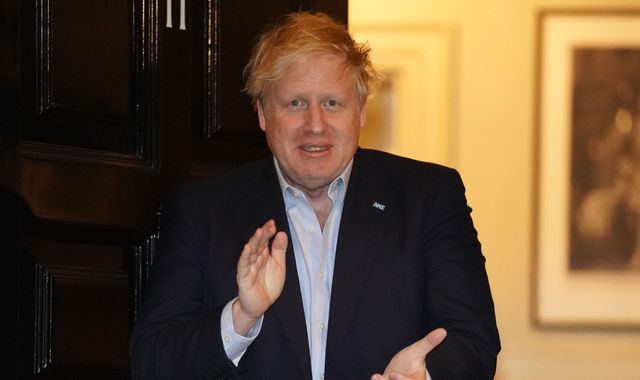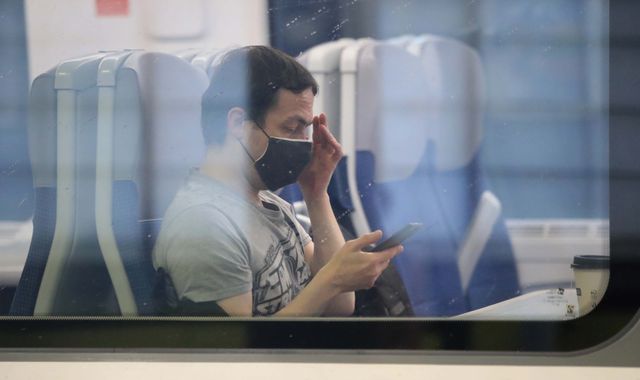PM’s near-death experience could change his attitudes to NHS
Written by News on 13/04/2020
It’s hard to overstate the significance of a near-death experience. And that’s clearly what Boris Johnson believes he’s just been through.


In the five-minute video recorded after he left St Thomas’ Hospital, the prime minister said the NHS had saved his life.
It is, he argued, “this country’s greatest national asset”, an organisation “powered by love”.
The message was passionate and personal, packed with praise for those who treated him, including two intensive care nurses Jenny and Luis, both immigrants.
His week in hospital, and in particular three days in ICU seem to have changed Mr Johnson. And perhaps it will change how he leads the government’s COVID-19 response.
Discussions on testing for frontline workers or the availability of personal protective equipment will now take on a far more potent significance.
The Conservative Party’s attitude towards the health service has developed over the decades.
Margaret Thatcher claimed “the NHS is safe with us”, although she had secretly explored privatising it – a plan later shelved.
David Cameron knew first-hand its strengths. He spent many nights in hospital with his disabled son Ivan, who died at the age of six.
After December’s general election, Mr Johnson pledged the NHS would be his top priority in government.
His recent experience now brings even greater meaning and emotion to the facts, figures and budgetary limitations of Whitehall.
The doctors and nurses and St Thomas’ may not have just saved the PM’s life, they may have changed his attitudes towards it.
And on every day in office, he will know he’s only there because of them.
(c) Sky News 2020: PM’s near-death experience could change his attitudes to NHS






